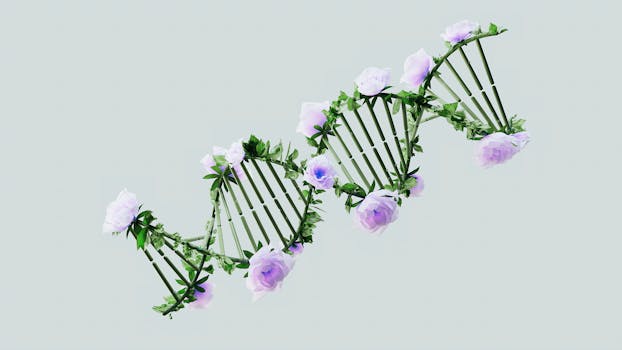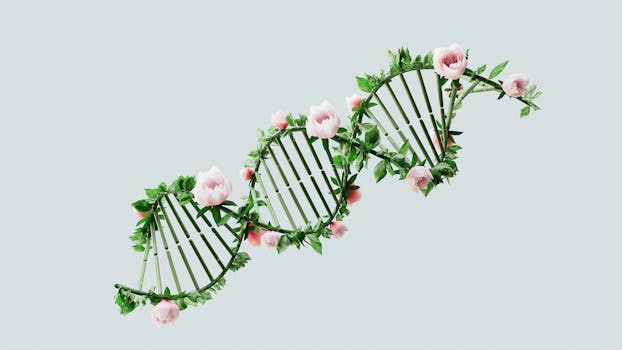
The Role of Genetics in Human Health and Disease
Introduction to Genetics and Health

The role of genetics in human health and disease is a complex and multifaceted field of study. Genetics, the study of heredity and variation, has been a cornerstone of modern biology for decades. The discovery of the structure of DNA by James Watson and Francis Crick in 1953 marked the beginning of a new era in genetics, and since then, our understanding of the role of genetics in human health and disease has grown exponentially. The Role of Genetics in Human Health and Disease is a critical aspect of modern medicine, and understanding the relationship between genes and diseases can help us develop new treatments and prevention strategies.
How Genetics Affects Human Health

Genetics plays a crucial role in human health, and genetic factors can contribute to the development of many diseases. Genetic disorders, such as sickle cell anemia and cystic fibrosis, are caused by mutations in specific genes. Additionally, genetic factors can increase the risk of developing complex diseases, such as heart disease, diabetes, and cancer. For example, mutations in the BRCA1 and BRCA2 genes can increase the risk of breast and ovarian cancer in women.
Genetic Disorders and Diseases

Genetic disorders and diseases can be caused by a variety of genetic mechanisms, including mutations, deletions, and duplications. Some genetic disorders, such as Down syndrome, are caused by chromosomal abnormalities, while others, such as Huntington’s disease, are caused by mutations in specific genes. Genetic counseling and genetic testing can help individuals and families understand their risk of developing genetic disorders and diseases.
Conclusion

In conclusion, genetics plays a vital role in human health and disease. Understanding the relationship between genes and diseases can help us develop new treatments and prevention strategies. By studying the role of genetics in human health and disease, we can gain a better understanding of the complex mechanisms that underlie human biology and develop new approaches to preventing and treating diseases. The role of genetics in human health and disease is a complex and fascinating field, and continued research and study are necessary to fully understand the relationship between genes and diseases.






